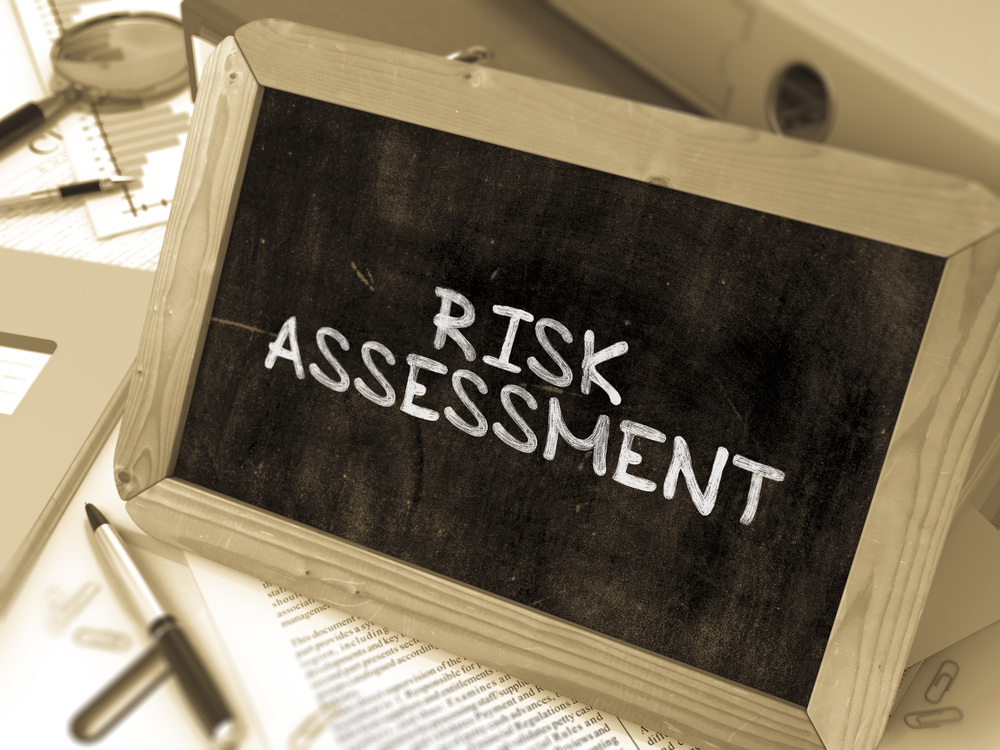You worked hard for your retirement. You saved, invested, and planned for decades. Now tariffs may potentially affect your fixed income in ways that warrant consideration.
Here's what to understand: tariffs aren't just economic policy—they're taxes on imported goods that can influence consumer prices. While you cannot control tariff policy, you may be able to consider various approaches to help manage their potential impact.
This guide explores how tariffs might affect retirees and presents five strategies that some retirees have found helpful to consider when managing potential cost increases.
Read More
Topics:
Investment Portfolio,
Investments,
Investments and risk,
Tariffs
The Top 3 Questions to Ask.
Oftentimes when we meet with clients there are a few common questions or topics that tend to come up regularly - things that seem to be on the minds of many of our clients. Usually, it has to do with some event or circumstance that is relevant at the time. In 2022, that question has revolved around the idea of “should I change the level of risk in my investments considering what is happening in the market.”
Read More
Topics:
Tolerating Risk with Investments,
Financial Planning,
Investments,
Investments and risk,
market risks,
Investment Advisor,
Certified Financial Planner, CFP
My favorite part of working as a wealth manager is the array of questions from our clients during all market environments.
However, times of market volatility are generally when the most impactful questions come up. This is due to the emotions that go hand in hand with market volatility.
Read More
Topics:
Tolerating Risk with Investments,
Investing,
Investment Portfolio,
Investments and risk,
market risks
How do you make investment decisions? Do you look at data? Or look for an interesting opportunity? Interestingly, most people don't look at facts when making decisions. They prefer a good story.1
Read More
Topics:
Investing,
Investments and risk,
Save and invest,
emotions in investing
Learn the 3 R's
to help you prepare for market volatility.
It's impossible to predict when the market will drop or how far it will fall. With this in mind, investors should take steps to position their portfolios against potential risk during times of growth.
Read More
Topics:
Investing,
Investments,
Investments and risk,
emotions in investing
Hidden Risks, Let's Talk About It
There are things that happen in life that we all know about, but rather avoid experiencing personally. Like the host at a restaurant saying it will be a 2 hour wait or your contractor muttering “uh oh” as they work on that renovation in your basement. Generally, those two little words, “uh oh,” are a sign of something lurking behind the scenes that's about to become a big problem.
Read More
Topics:
Tolerating Risk with Investments,
Investments and risk,
tolerating risk
Are you a risk-taker or do you play it safe? Do you jump out of airplanes for fun or is getting an extra serving of sprinkles on your soft serve your idea of risk? Each of us can look at our behaviors and determine whether the life we lead is high-flying risky or plain-vanilla safe. But can we do the same for our investments? Can you look at the stocks or funds you own and get a good idea of how risky your portfolio is? The answer is probably no.
Read More
Topics:
Financial Planning,
Investments and risk,
tolerating risk
We live in a "do it yourself" world. There are television networks and countless websites dedicated to learning how to "DIY" tasks that previously one would pay to have done for them.
Read More
Topics:
Investing,
Investments and risk
Today we’re taking a look at the important topic of Risk in your investment portfolio. What do you need to know about investment risk? How can you be sure that you have the right amount of risk in your portfolio?
Read More
Topics:
Investments and risk,
tolerating risk
Focus on your overall approach during times of short-term volatility.
As an investor, it can be tempting to get caught up in daily news headlines. Consider how news about the election and COVID-19 vaccines have moved the markets over the past several weeks. But having a financial strategy can help you ignore short-term volatility and focus on your long-term vision.
As you know, investing is a process based on your goals, time horizon, and risk tolerance. Interestingly enough, it’s also a process that may help you prepare for life’s financial challenges.
Read More
Topics:
Financial Planning,
Investing,
Investments and risk,
market volatility









